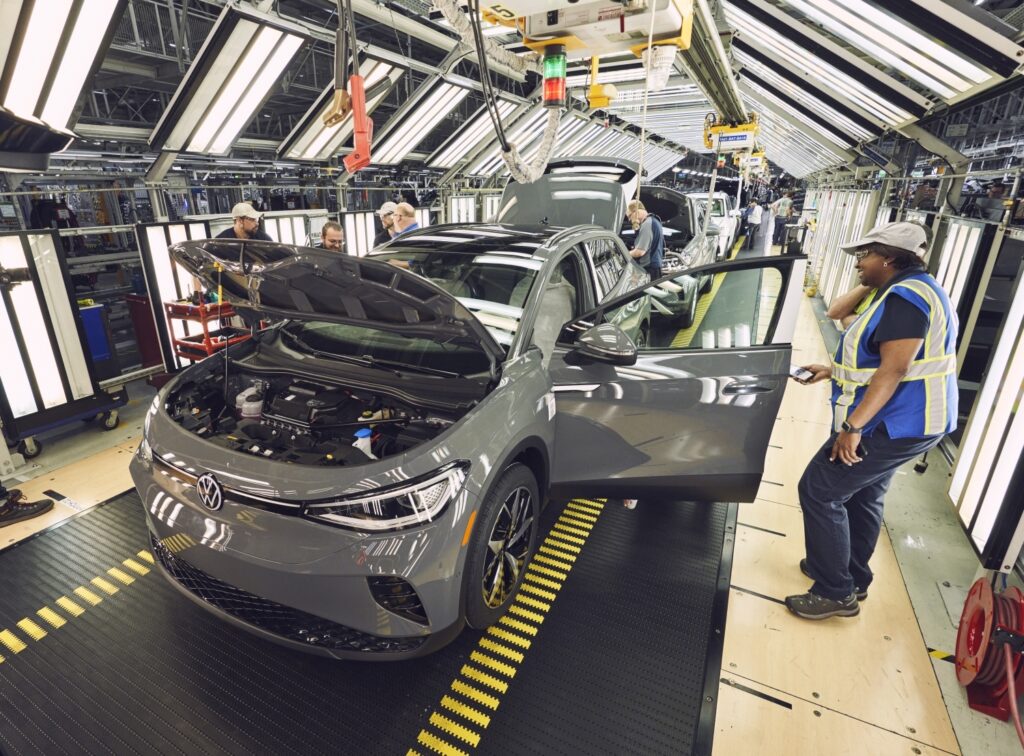Volkswagen Group of America suggests improving the implementation of the automotive rules of origin in the United States-Mexico-Canada Agreement (USMCA).
Volkswagen has invested more than $10 billion in the United States and supports nearly 165,000 American jobs since the USMCA was announced in 2018.
Implementation of the rules of origin
In total, Volkswagen and its dealers generate 164,470 direct, indirect, and induced jobs and contribute nearly $44 billion to economic activity in the United States.
The company sent a letter to the U.S. Trade Representative (USTR) as part of the consultation process on the review of the USMCA.
“Volkswagen suggests that the USTR focus its efforts during the Joint Review on issues that could improve the implementation of existing automotive rules of origin and reduce the administrative burden on U.S. automakers and our suppliers,” Volkswagen said in the letter.
The company also argued that Mexico, the United States, and Canada should support the full implementation of the USMCA by recognizing and implementing the findings of the independent dispute resolution panels that have been conducted to date.
According to these panels, the three Parties are in breach of certain provisions of the Agreement, including the application of the automotive rule of origin.
Section 232
As part of the full implementation of the Agreement, Volkswagen stated that the United States must respect the parallel agreements under Section 232 with Mexico and Canada.
“The Joint Review represents an opportunity to resolve these disputes, uphold the rule of law, provide clarity to businesses, and thereby ensure the long-term success and stability of the Agreement,” it said.
In fact, Volkswagen overcame these challenges and is proud to have achieved full and timely compliance with the USMCA as of July 1, 2025.
In 2024, Volkswagen and its dealers generated more than 48,000 direct jobs in the United States and increased Volkswagen’s production workforce to nearly 4,000 employees, representing an increase of more than 30% since 2019. These jobs have resulted in $12.5 billion in wages and benefits.

